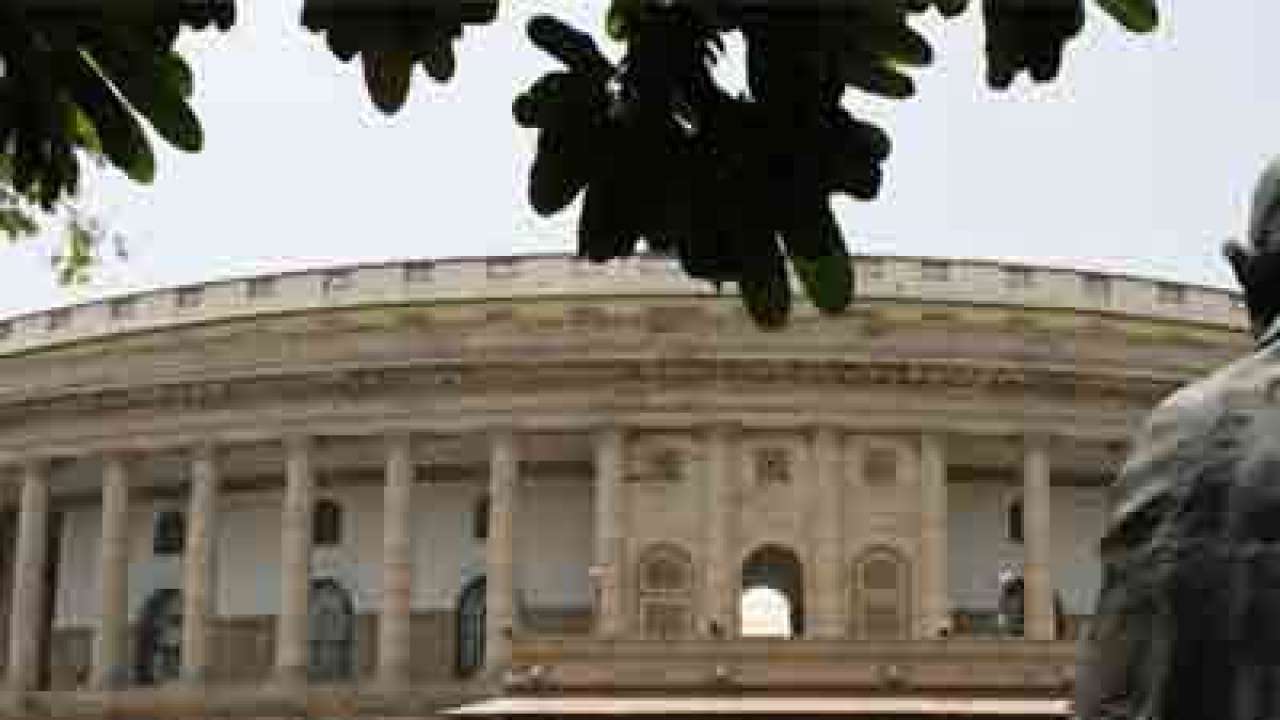
The 15th Lok Sabha, the worst in the nation’s history by almost any metric, has ended with members of various parties conceding that the public deserved better. Given the manner in which the Lok Sabha has functioned — or failed to do so — the admission is something of a minor achievement in itself. But it raises the obvious question: where was this awareness of parliamentarians’ duties and obligations to the republic and the people when parliament was in session? To now play the role of statesmen is an exercise in hypocrisy worsened by the self-congratulatory atmosphere on the floor yesterday. Seldom have parliamentarians served the country more poorly and had less reason to praise each other as they did. Amid the bonhomie and back-slapping, the Rajya Sabha did manage to pass the Whistleblower Protection Bill, a crucial bit of legislation necessary to supplement the move towards transparency started in 2005 by the Right To Information Act. But the Bill’s journey through both houses — and the number of bills still left in limbo — point to a fundamental problem with the manner in which the legislative views its function.
The Whistleblower Bill spent two years in the Rajya Sabha after being passed by the Lok Sabha — for no good reason, as it turns out, ultimately cleared yesterday without any changes. That still puts it far ahead of crucial legislation such as the Women’s Reservation Bill, hanging fire for 18 years now, and the Rights of Persons with Disabilities Bill. All told, over 120 bills have been left pending in Parliament; more than 60 of them are in Lok Sabha and will, therefore lapse. That leaves the 15th Lok Sabha as being the least productive since independence in terms of bills passed.
For all the obfuscation and blame-shifting, it boils down to a question of political will. The Congress — and every other party, for that matter — has shown that when it is electoral fortunes are at stake, it is willing to do whatever must be done to push its agenda through. The manner in which it tabled and cleared the Telangana Bill this time around is as good an example as any. After flirting with the issue for a decade, dredging it up for electoral purposes and then putting it on the backburner repeatedly, its fading fortunes before the upcoming elections made it an imperative. Contrast this to pending social sector legislation; the need there is far greater, affecting millions of people around the country. But it isn’t as potent when it comes to garnering votes — and the political will to deal with it, consequently, is entirely absent.
Thus, Home Minister Sushilkumar Shinde may present Sonia Gandhi’s promise to see Telangana created as an obligation that must be fulfilled — but when it comes to, say, the Grievance Redressal Bill, a pet project of Rahul Gandhi’s, the Congress’s first family’s wishes mean far less. Likewise, every time the question of women’s reservation crops up, a lack of consensus is proffered as the reason for its being delayed. A lack of consensus, however, didn’t prevent the government from acting on Telangana or other issues it deemed truly important such as the Indo-US civilian nuclear agreement. Party leaders may have expressed a wish yesterday for the next Lok Sabha to be more productive — but as long as parliamentarians and party hierarchies continue to see the business of winning elections as more important than fulfilling their legislative obligations, that is unlikely to happen.